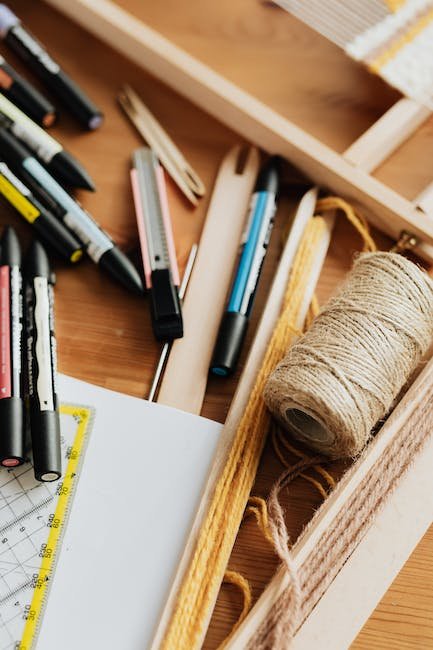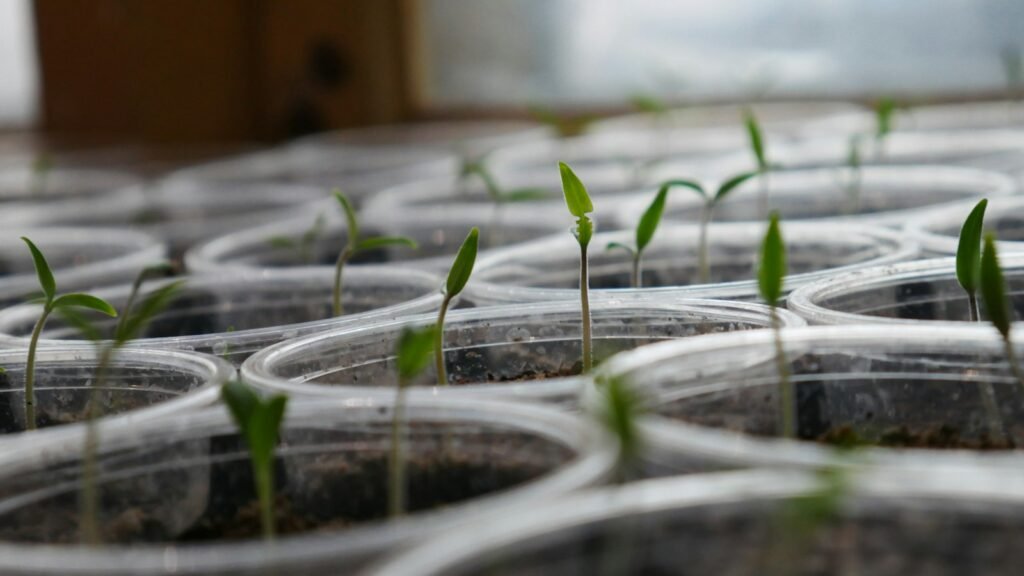Now Reading: How to Make Your Own DIY Herbal Remedies
-
01
How to Make Your Own DIY Herbal Remedies
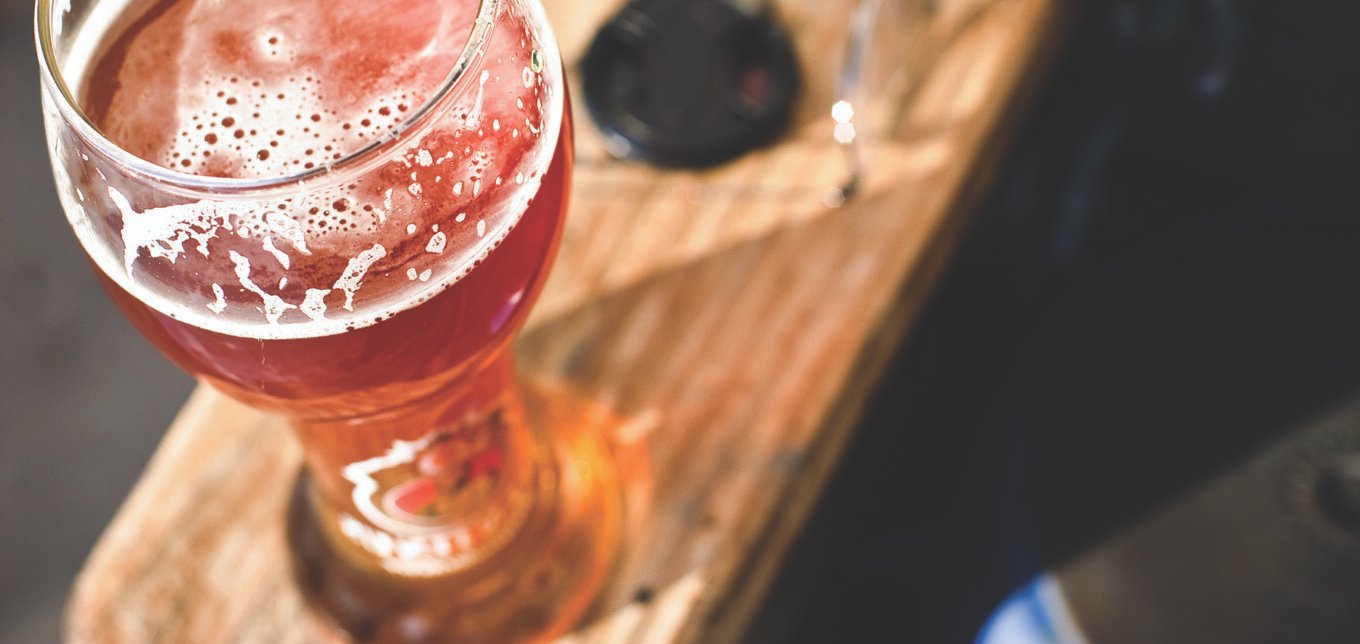
How to Make Your Own DIY Herbal Remedies
Whether it’s that nagging headache, a persistent case of the sniffles, or an unruly case of insomnia, sometimes reaching for the shelves stocked with mainstream pharmaceuticals just doesn’t cut it. As the world becomes more aware of the power of nature, an increasing number of individuals are turning to their own gardens, cupboards, and pantries to take matters into their own hands. Unleashing the ancient wisdom of herbal remedies is not only a pathway to holistic healing, but also a gratifying way to reconnect with the earth’s bountiful offerings. So, if you’re ready to embark on a journey of self-sufficiency and tap into the age-old magic of plants, stay put. In this article, we will guide you through the enchanting world of DIY herbal remedies, equipping you with the knowledge and skills to concoct your very own elixirs of health and well-being. Get ready to unlock the potential of nature’s apothecary as we delve into this ancient art of healing.
Table of Contents
- Planning Your DIY Herbal Remedies: Essential Tips and Considerations
- Exploring the Best Herbs for Your DIY Herbal Remedies
- Mastering the Art of Herbal Infusions and Decoctions
- Creating Effective Herbal Salves and Balms at Home
- Unlocking the Healing Power of DIY Herbal Teas
- Q&A
- In Retrospect

Planning Your DIY Herbal Remedies: Essential Tips and Considerations
When it comes to harnessing the power of nature for your health, creating your own herbal remedies can be an exciting and empowering journey. However, before diving into the world of botanical medicine, it’s important to plan and prepare to ensure the best outcomes. Here are some essential tips and considerations for embarking on your DIY herbal remedies project:
- Educate Yourself: Before you start gathering ingredients and concocting remedies, take the time to learn about different herbs, their properties, and potential interactions. Books, online resources, and expert advice can be invaluable in building a solid foundation of knowledge that will guide your herbal journey.
- Quality Matters: Always prioritize obtaining high-quality herbs for your remedies. Sourcing organically grown or ethically wildcrafted plants ensures their potency and reduces the risk of contaminants. Invest in trusted suppliers or consider growing your own herbs in a home garden.
- Start Simple: As a beginner, it’s wise to start with a few basic herbal remedies to build your confidence and experience. Focus on common ailments like soothing teas for digestion or natural balms for minor skin irritations. Gradually expand your repertoire as you become more comfortable and knowledgeable.
- Document and Experiment: Keep a journal of your DIY herbal creations, including the ingredients used, preparation methods, and any observed effects. This allows you to track what works best for you and make adjustments as needed. Remember, everyone’s body is unique, and it may take some trial and error to find your perfect herbal formula.
- Respect Safety Precautions: While herbal remedies are generally considered safe, it’s crucial to be aware of any potential interactions with medications or existing health conditions. Consult with a healthcare professional if you have any concerns or uncertainties. Additionally, always follow recommended dosages and be mindful of allergies and sensitivities.
By carefully planning your DIY herbal remedy journey and taking these essential tips into consideration, you can confidently explore the natural healing powers of plants. Remember, creating your own remedies is both an art and a science, requiring creativity, patience, and a deep connection with nature’s gifts.

Exploring the Best Herbs for Your DIY Herbal Remedies
When it comes to embracing the power of nature for healing and wellness, nothing quite compares to the wonders of herbs. Whether you’re a seasoned herbalist or just starting out on your journey to natural remedies, this guide will introduce you to the best herbs to incorporate into your DIY herbal remedies.
1. Lavender: Known for its soothing aroma and calming properties, lavender is a versatile herb that can be used in various remedies. From promoting relaxation and better sleep to soothing skin irritations and reducing anxiety, it’s a must-have in your herbal toolkit.
2. Turmeric: Bursting with powerful anti-inflammatory and antioxidant properties, turmeric has been used for centuries as a natural remedy for a range of health conditions. It can aid in relieving joint pain, boosting the immune system, and supporting digestive health.
3. Peppermint: With its refreshing and invigorating scent, peppermint is an ideal herb for digestive issues. From easing indigestion and bloating to relieving headaches and improving focus, its versatility and cooling effects make it a great addition to your DIY remedies.
4. Echinacea: Known for its immune-boosting properties, Echinacea is often used to prevent or shorten the duration of colds and flu. It can also support overall immune system health and help fight inflammation.
Remember, these are just a few of the many incredible herbs available for your DIY herbal remedies. Experiment, research, and discover the herbs that resonate with you, and harness the power of nature to enhance your well-being.
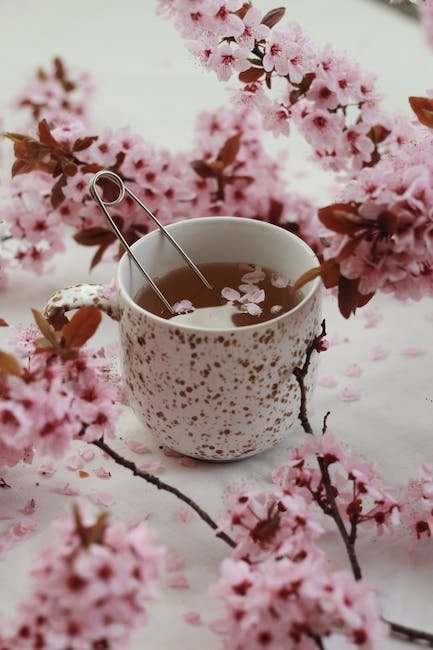
Mastering the Art of Herbal Infusions and Decoctions
Embrace the world of herbalism and elevate your knowledge with the mastery of herbal infusions and decoctions. Delve into the ancient tradition, where the art of extracting the essence and therapeutic properties of plants flourishes.
Herbal Infusions:
- Prepare your favorite herbal infusion by steeping dried or fresh herbs in hot water. Allow the magical properties of the herbs to infuse, creating a delightful elixir that warms the soul.
- Experiment with various herbs and floral combinations to tantalize your taste buds and enhance your well-being. From calming chamomile to invigorating peppermint, the possibilities are endless.
- Remember, timing is key. Gently steep delicate herbs for 3-5 minutes, while heartier herbs will require 10-15 minutes to release their full potential. Taste along the way to discover your preferred strength.
Decoctions, a Journey into the Depths:
- Uncover the mysteries of decoctions, a powerful extraction method that delves deeper into the roots, barks, and tougher plant materials. Here, patience and persistence are key.
- Start by simmering the herbs in water for an extended period, allowing the water to gradually evaporate and concentrate the rich botanical essence.
- As the liquid reduces, watch as the flavors intensify and a potent potion emerges. Decoctions are often used for medicinal purposes, as they harness the medicinal properties locked within the plants.
Whether you decide to indulge in a soothing herbal infusion to relax your senses or venture into the depths of decoctions for their medicinal prowess, the art of herbalism opens a world of possibilities. Experiment, take notes, and embrace the ancient wisdom that nature provides.
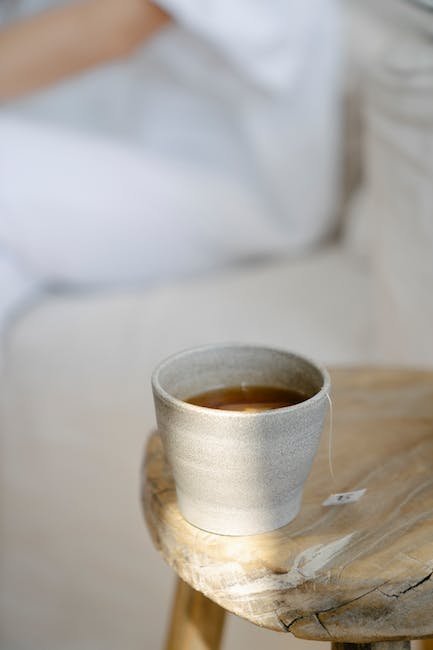
Creating Effective Herbal Salves and Balms at Home
Herbal salves and balms are not only a natural way to soothe and heal common ailments, but they can also be a fun and rewarding DIY project. By harnessing the power of herbs and botanicals, you can create your own personalized remedies tailored to your specific needs. Here are some tips to help you get started on your journey to :
1. Choose your herbs wisely: Research various medicinal herbs and their properties to determine which ones will best address your needs. Whether it’s soothing lavender for relaxation or antiseptic tea tree oil for minor cuts and scrapes, understanding the benefits of each herb is crucial.
2. Prepare your ingredients: Gather high-quality carrier oils such as olive oil or coconut oil, beeswax, and the selected herbs. Infuse the carrier oil with your chosen herbs by using the double boiler method. This involves gently heating the carrier oil and herbs over low heat to extract their beneficial properties.
3. Strain and mix the ingredients: Once the carrier oil is infused, strain out the herbal material and transfer the infused oil back to the double boiler. Add the desired amount of beeswax to create the desired consistency, ensuring the salve or balm will solidify and hold its shape.
4. Customize and enhance: To take your herbal salve or balm to the next level, consider adding essential oils for scent and additional therapeutic benefits. Be cautious with the amount of essential oils you use, as they are highly concentrated and should be diluted properly.
5. Store and label: Once your homemade herbal salve or balm has cooled and solidified, transfer it to sterilized jars or tins. Label your creations with the ingredients used and the date of preparation for future reference.
Remember, experimentation and testing are key when creating herbal salves and balms at home. Embrace your creativity and take note of what works best for you and your body. Harness the power of nature and enjoy the satisfaction of using products you made yourself!
Unlocking the Healing Power of DIY Herbal Teas
Discover the incredible potential of DIY herbal teas and tap into their remarkable healing power. Delve into the world of natural remedies and unlock a treasure trove of wellness benefits at your fingertips. With just a few simple ingredients and a dash of creativity, you can concoct your very own herbal brews tailored to address specific health concerns.
Herbal teas have been used for centuries to alleviate a wide range of ailments, from easing digestive troubles to soothing anxiety and promoting overall well-being. The beauty of DIY herbal teas lies in the ability to customize them to your individual needs and preferences. Experiment with different combinations of herbs, spices, and fruits to create a symphony of flavors that nourish your body and soul.
Not only do these home-brewed potions taste delicious, but they also offer a plethora of health benefits. From boosting your immune system to aiding in relaxation and digestion, herbal teas have the power to enhance your well-being in various ways. Take advantage of their anti-inflammatory, antioxidant, and calming properties, and embark on a journey of self-care through the ancient art of herbal tea making.
Unlock the Secrets of DIY Herbal Teas:
- Immune Boosters: Discover herbs like echinacea, elderberry, and ginger that can strengthen your immune system, helping fend off those pesky colds and flu.
- Calm & Relax: Explore the soothing qualities of chamomile, lavender, and lemon balm to find your zen and melt away stress after a long day.
- Revitalize & Detox: Unlock the revitalizing powers of dandelion, nettle, and green tea, known for their ability to cleanse and rejuvenate the body.
- Digestive Delights: Experiment with ginger, peppermint, and fennel to soothe digestion woes and promote a healthy gut.
Q&A
What are the benefits of making your own DIY herbal remedies?
Creating your own herbal remedies allows you to have full control over the ingredients, ensuring they are natural and organic. It also gives you the satisfaction of knowing exactly what goes into the remedies you use to improve your health.
How do I get started with making DIY herbal remedies?
Begin by researching the herbs that interest you and their benefits. Next, gather the necessary supplies such as jars, carrier oils, and herbs. Finally, find trusted recipes or consult a herbalist to get started on your journey of making DIY herbal remedies.
Can I grow my own herbs for making herbal remedies?
Absolutely! Growing your own herbs not only gives you a sense of fulfillment but also ensures the freshness and quality of the plants. You can even grow them in pots on your windowsill if you lack a garden.
Are there any safety concerns I should be aware of when making DIY herbal remedies?
Yes. While herbs are generally safe, it is crucial to educate yourself about each herb’s potential side effects and interactions with medications. Additionally, always use proper equipment and follow recipes carefully to avoid any accidents while making remedies.
What are some simple DIY herbal remedies that beginners can try?
A few beginner-friendly herbal remedies include chamomile tea for relaxation, peppermint oil for headaches, and aloe vera gel for soothing skin irritations. These remedies are easy to make and have a wide range of health benefits.
Where can I find reliable recipes for DIY herbal remedies?
There are numerous books, websites, and blogs dedicated to herbal remedies. Look for reputable sources and ensure the recipes come from experienced herbalists or trustworthy practitioners to ensure the safety and effectiveness of the remedies.
Can I use DIY herbal remedies alongside traditional medicine?
Yes, many herbal remedies can complement traditional medicine. However, it is essential to consult with a healthcare professional to ensure there are no contraindications or interactions.
What are some common herbs used in DIY herbal remedies?
Common herbs used in DIY herbal remedies include chamomile, lavender, peppermint, ginger, garlic, and echinacea. These herbs have various health benefits and are readily available in most health stores.
Is it necessary to dry herbs before making DIY remedies?
Drying herbs helps to preserve their properties and prevent mold. However, some herbs can be used fresh, and others are more potent when dried. Consult specific recipes or herbalists to understand the best method for each herb you plan to use.
Are DIY herbal remedies suitable for everyone?
While herbal remedies are generally safe, it is essential to consider individual allergies, sensitivities, and medical conditions. Some herbs may not be suitable for pregnant women, children, or individuals with specific health concerns. Consulting a healthcare professional is always recommended.
In Retrospect
As we wrap up our journey into the world of DIY herbal remedies, we hope you’ve learned that Mother Nature provides us with a bountiful pharmacy right at our fingertips. Exploring the art of harnessing the healing powers of plants can be an empowering and fulfilling experience, allowing us to take charge of our own well-being.
Remember, the beauty of creating your own herbal remedies lies in the immense possibilities that nature offers. With a dash of curiosity and a sprinkle of creativity, you can transform your humble kitchen into a laboratorium of natural wonders. From soothing tummy troubles to invigorating the senses, the possibilities are as vast as the meadows that sway with healing herbs.
As we bid adieu, let’s not forget to embrace the age-old wisdom of our ancestors, who passed down their herbal knowledge to enhance our lives. Incorporating these botanical treasures into our daily routines is a gentle reminder to slow down, and truly listen to the whispers of nature that hold the secrets to wellness.
So, whether you find solace in crafting your own comforting teas, concocting tantalizing tinctures, or luxuriating in blissful herbal baths, let this be a starting point for your own botanical adventures. Let your imagination bloom and your senses awaken as you explore the art of DIY herbal remedies.
As we part ways, we hope you continue to embrace the gifts the Earth has bestowed upon us, and may your journey through the world of herbal remedies flourish with health and harmony. Remember, the power to nurture and heal lies within your hands; so go forth, with newfound knowledge and a sense of nature’s bounty, and create your own tapestry of herbal wellness.
As an affiliate, my content may feature links to products I personally use and recommend. By taking action, like subscribing or making a purchase, you’ll be supporting my work and fueling my taco cravings at the same time. Win-win, right?
Want to read more? Check out our Affiliate Disclosure page.


